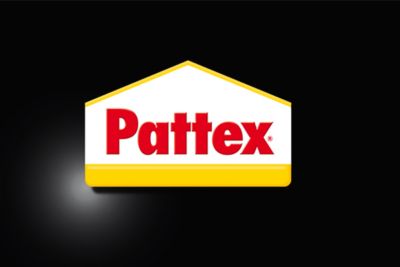With so many types of glues available, it’s hard to know which to use for your DIY project. Polyurethane glue has some unique properties and benefits. Learn all about it here in our detailed guide!
Is polyurethane glue for you?

Asia-Pacific
Europe
India, Middle East & Africa
With so many types of glues available, it’s hard to know which to use for your DIY project. Polyurethane glue has some unique properties and benefits. Learn all about it here in our detailed guide!